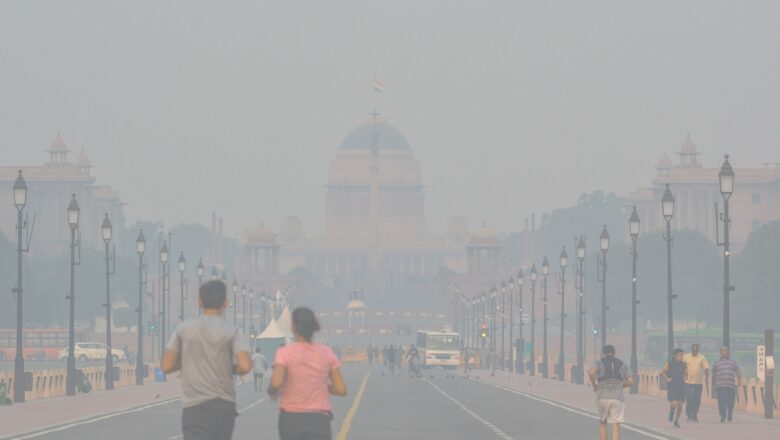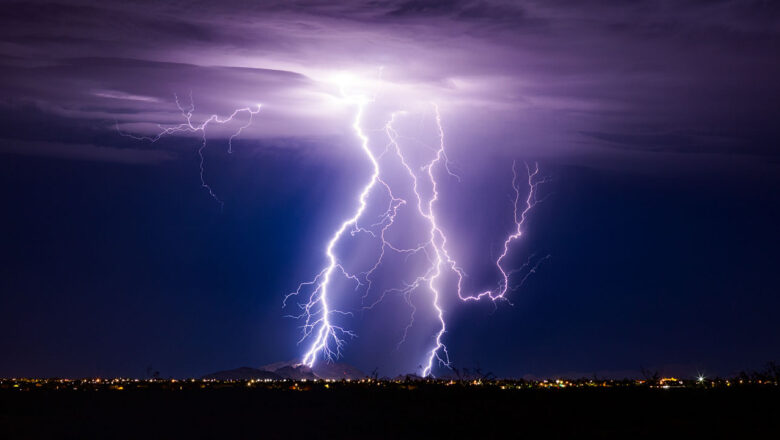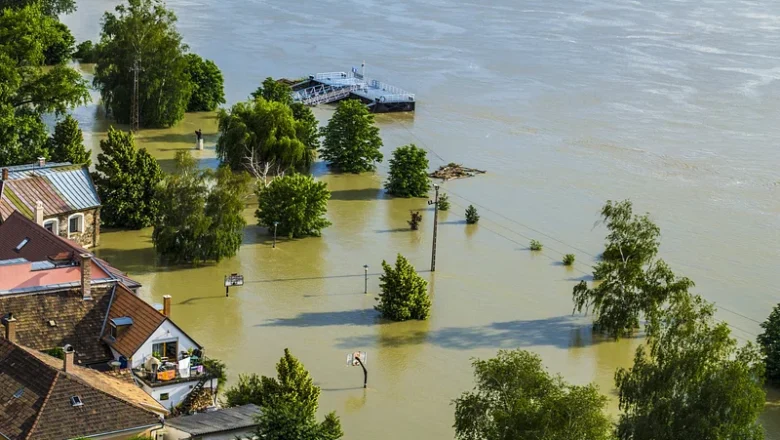
Delhi Air Quality Crisis: Emergency Steps Trigger Political Feud as Pollution Surges
Delhi NCR is once again grappling with a severe air pollution episode, prompting the Commission for Air Quality Management (CAQM) to enforce Stage-I measures of the Graded Response Action Plan (GRAP) on May 16. The decision follows a rapid rise in the city’s pollution levels, driven by strong winds that carried dust from distant regions, pushing the Air Quality Index (AQI) to a concerning 278. Forecasts by the India Meteorological Department (IMD) and the Indian Institute of Tropical Meteorology (IITM) indicate that these poor air quality conditions are likely to persist at least through May 17.
Despite recent official claims of progress, with only two ‘poor’ air days recorded in the first half of May 2025 the lowest in four years the sudden spike has reignited political fault lines. Th...









